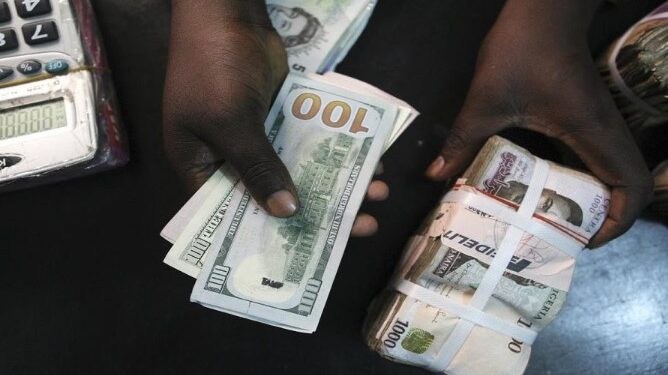Nigeria’s gross external reserves have declined by 6.5 per cent year-to-date, shedding $2.67 billion between January and May 2025, amid mounting debt servicing obligations and sustained dollar interventions by the Central Bank of Nigeria (CBN) to stabilise the naira.
Data from the apex bank showed that the nation’s reserves, which stood at $40.88 billion as at January 2, 2025, fell to $38.22 billion by May 12, 2025. The reserves had declined to its lowest level last month, recording $37.797 billion as at April 25, 2025.
Analysts have attributed the drawdown primarily to the CBN’s foreign exchange interventions and external debt service payments, which have drained reserve buffers amid faltering foreign portfolio inflows.
In an emailed note, analysts at FBNQuest Merchant Bank pointed out that “the decline reflects a combination of external debt service payments and increased forex sales by the CBN, following reduced participation by FPI investors.”
The central bank had injected $200 million into the forex market last month to stem pressure on the local currency, as crude oil prices faltered and foreign demand for naira-denominated assets remained weak.
Turnover data from FMDQ Exchange showed a steady decline in FPI inflows, falling from N2.3 billion in January to just N0.5 billion in April, underscoring growing investor caution amid global economic headwinds.
Although the reserves posted two consecutive weeks of modest accretion in May, rising by $163 million to $38.10 billion as of May 6, analysts warn that the outlook remains fragile. “While May has opened with early signs of recovery, risks to Nigeria’s reserves persist, driven by weak oil price prospects, OPEC+ supply uncertainty, global inflation pressures, and softer global growth expectations,” FBNQuest added.
At the close of business on Tuesday, the value of the naira closed at N1,630 to the dollar at the parallel market and N1,600 at the NEFM window. In an emailed note, Cordros Research analysts observed that “persistent global pressures will continue to pose downside risks to naira stability in the near term, given their impact on capital flows,” but added that a stronger reserve position could support the CBN’s intervention efforts.
As of April end, the gross reserves were sufficient to cover 9.5 months of merchandise imports, or 7.9 months when services were included, based on Balance of Payments data to Q3 2024.
CBN governor, Olayemi Cardoso, had reaffirmed the bank’s commitment to transparency and market stability at a panel session during the World Bank’s Nigeria Development Update, noting that Nigeria had been relatively insulated from recent shocks due to proactive forex management.
“When concerns recently arose around tariffs and oil prices, Nigeria experienced only a moderate impact. That’s because of the central bank’s efforts in building market confidence and resilience,” he said.





